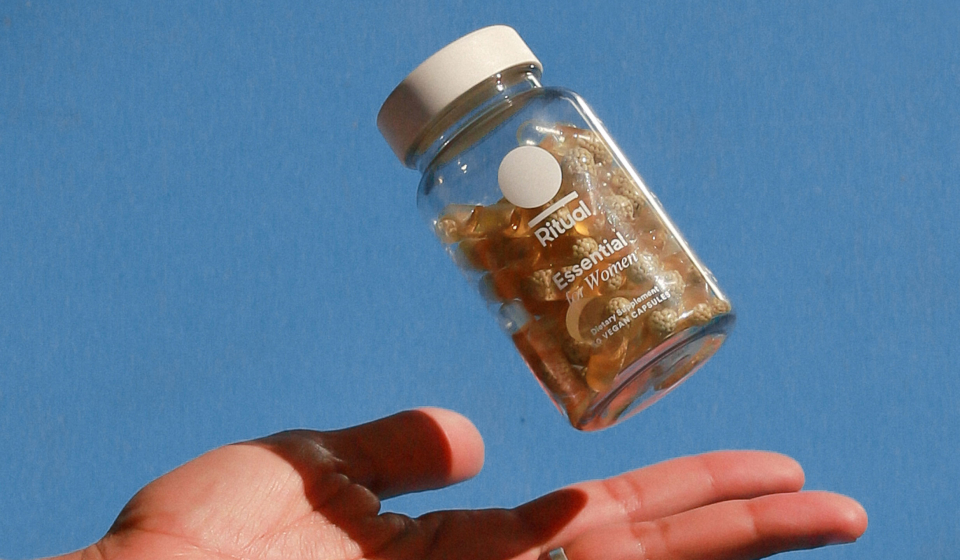Essential Takeaways
- Living more sustainably can feel overwhelming. Here are 8 simple steps that you can take in your daily life.
We get it—against the outsized backdrop of climate change, maybe it can be tough to remember that tiny actions like bringing reusable bags to the grocery store or opting for paper straws can really make much of a difference. But consider this your friendly reminder that small habits aren’t just easier to incorporate into your routine—they can also add up to a big impact over time, especially if we start to prioritize them collectively. And chances are there are small changes you can make that you weren’t even aware of.
From easy daily actions to simple tweaks in perspective , here are eight swaps you can make today to live a more sustainable lifestyle.
Swap climate fatalism for climate optimism
Shifting the energy around the conversation of environmentalism alone can make a substantial impact. "Historically, our approach to the climate has been to scare people into action, leaving people, for the most part, terrified and resigned to a terrible future," says Erica Dodds, Ph.D., a sustainability and eco-anxiety expert and COO of the Foundation for Climate Restoration, a nonprofit committed to removing excess carbon emissions from the atmosphere. These fear tactics hold people back from making the simple swaps that create change. So instead, Dr. Dodds suggests that as a collective we focus on educating each other on ways we can be more eco-friendly and instill hope versus despair.












